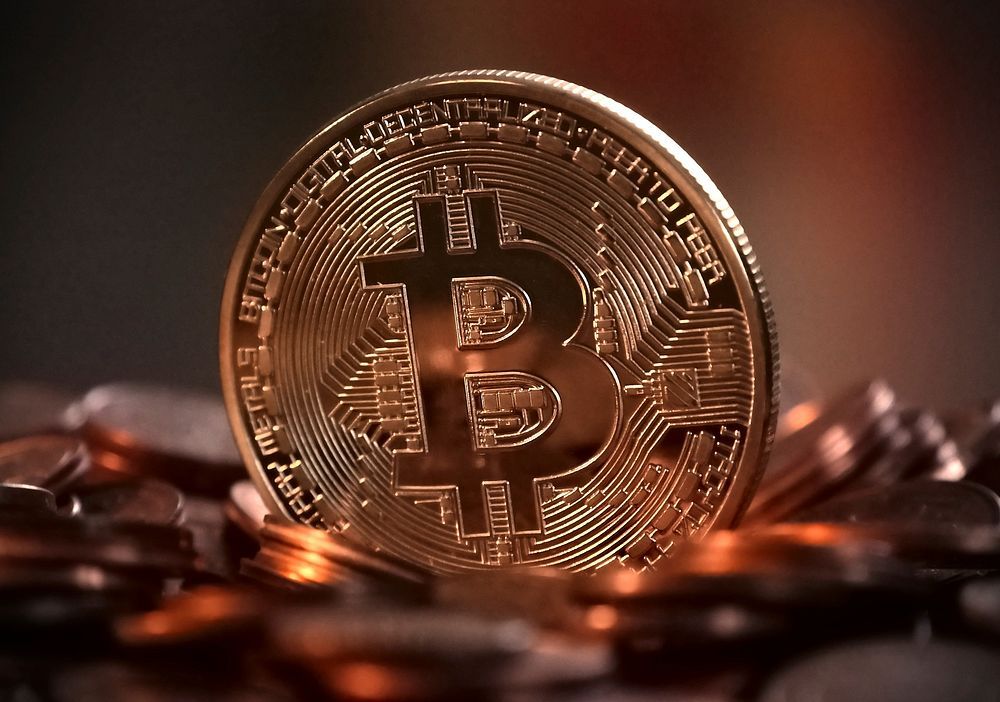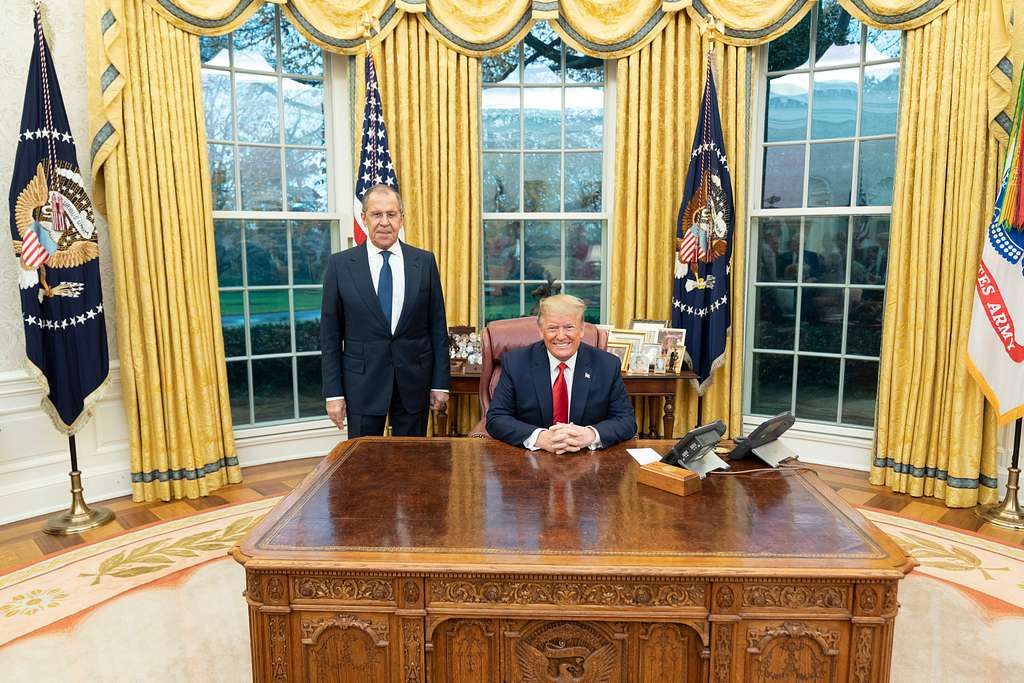Hiroshima Day: Examining the August 6th Legacy [Hit And Hot News]
![Hiroshima Day: Examining the August 6th Legacy [Hit And Hot News] 1](https://i0.wp.com/hitandhotnews.com/wp-content/uploads/2024/08/chjpdmf0zs9sci9pbwfnzxmvd2vic2l0zs8ymdiylta0l2zsmzuxnzy1mtg0ntitaw1hz2uta3a1m2x3dwcuanbn1002851530709192331.jpg?resize=640%2C498&ssl=1)
Hiroshima Day, a somber event honoring the terrible effects of the atomic bomb detonated on Hiroshima, Japan, in 1945, falls on August 6. This day reminds us movingly of the atrocities of nuclear war and the ongoing peace-seeking process.
The Event
Known as “Little Boy,” the first atomic bomb the United States dropped on Hiroshima on August 6, 1945, during the last days of World War II With a force equal to 15,000 tons of TNT, the bomb exploded destroying most of the city and immediately killing an estimated 80,000 people. Radiation sickness and injuries caused a major increase in the death toll in the next weeks; by the end of 1945, total deaths amounted to about 140,000.
The destruction the atomic bomb caused was unheard of. The infrastructure of Hiroshima was destroyed, and the once-thriving populace of the city was left with extreme loss and suffering. Many of the survivors, known as hibakusha, suffered from serious health issues and social stigmatizing effects of radiation exposure long term.
The Afterglow
World War II was ended in great part by the bombings of Hiroshima and three days later Nagasaki. On August 15, 1945, Japan turned itself in, therefore ending a conflict that had taken millions of lives all around. Still, there has been fierce discussion ever since about the moral and humanitarian consequences of nuclear weapon use.
Following the bombings, Hiroshima became to represent both the possibility for peace and rehabilitation as well as the terrible might of nuclear weapons. Established to pay tribute to the victims and forward the ideas of peace and disarmability, the Hiroshima Peace Memorial Park The park features the surviving ruin known as Atomic Bomb Dome, evidence of the bomb’s impact.
Global Advocacy and Reflection
Celebrated globally with many commemorations and educational activities meant to promote communication on the effects of nuclear war and the need of disarmament, Hiroshima Day In Hiroshima, ceremonies comprise times of silence, wreath laying, and reading of victim names. Held on the Motoyasu River, lantern-floating events honor peace and the memory of those lost.
Apart from these regional celebrations, Hiroshima Day offers chances for worldwide contemplation on nuclear disarmament. This day is used by international organizations, governments, and advocacy groups to refresh demands for lowering and finally eradicating nuclear arsenals. The remembrance of Hiroshima emphasizes the need of diplomacy and teamwork to stop any nuclear crises.
Lessons for the Future
Hiroshima Day shapes the future as much as it honors the past. It emphasizes the need of ongoing initiatives to control nuclear proliferation’s threats and advance peace and reconciliation. The atrocities suffered by Hiroshima’s people provide a strong lesson on the terrible power of nuclear weapons and the need of striving for a society in which such a catastrophe never recurs.
Celebrating Hiroshima Day is an opportunity to remember the memory of those who died, honor survivors, and underline the worldwide will to a nuclear-free society. By means of memory and advocacy, Hiroshima Day motivates continuous efforts toward attaining long-lasting peace and guarantees that historical lessons direct next generations in their quest of a safer and more equitable society.






